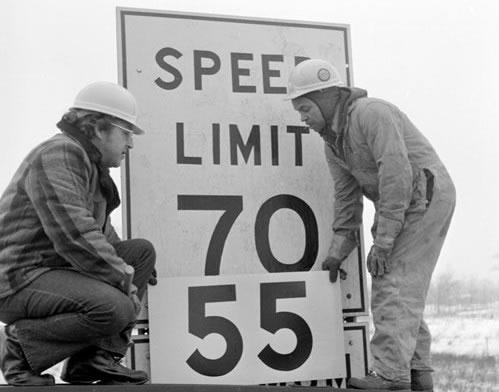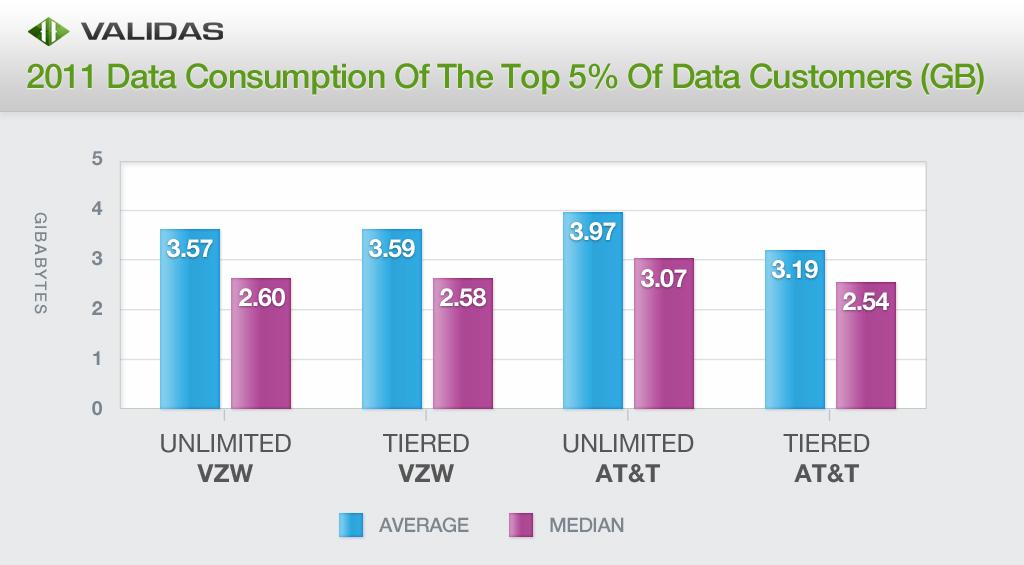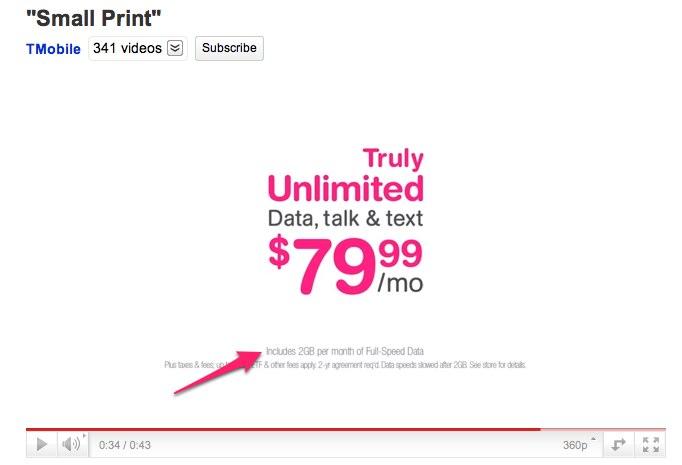Editorial: I Still Think Throttling Data Sucks, There I said It
I’ve long thought T-Mobile’s loose definition of “unlimited data” has needed to change and now, with AT&T at the center of a throttling data news cycle, “unlimited” is once again called into question. In fact, one AT&T user successfully sued AT&T in small claims court winning $850 after the judge agreed AT&T had sold the customer an unlimited plan and then purposely slowed him down. AT&T has justified throttling by claiming it is only targeting the top 5% of data users.
Now, Validas, a company that helps consumers choose a data plan has examined over 55,000 cell phone bills and discovered that the top 5% of AT&T’s unlimited-data customers aren’t exactly the “data hogs” AT&T makes them out to be. AT&T has said it would throttle, or slow down the data traffic speed for any unlimited plan holder who uses more than 2GB’s worth of data per month. This “plan” is only supposed to affect the heaviest, top 5% of data users on AT&T’s unlimited plans.
The reality is that AT&T’s unlimited data plan users average only 3.97GB’s of data per month, hardly the kind of numbers that choke a network. Moreover, there is also little difference between 3.97GB’s and 3.19GB’s, the average data use among AT&T’s top 5% of tiered-plan users.
Validas concludes that throttling isn’t being put into place to stop data hogs, instead it’s being used to force AT&T customers to migrate over to tiered data plans, which are far more manageable for AT&T’s network. In other words, AT&T has absolutely no reason to throttle users who use less than 4GB’s worth of data monthly.
As we circle back to T-Mobile and their “transparent” data throttling for customers who use over 5GB’s or 10GB’s worth of data depending on their respective rate plans. The use of the word “unlimited” is simply stated, becoming more and more vague. It’s true that T-Mobile attempts to make it transparent that they will throttle customers who exceed their data plan limits, but it’s really just a gentler way of using an ambiguous definition of the word “unlimited.”
Throttling is a dirty trick used by wireless carriers and yet carriers say it’s a necessary move to stem a small group of users from hogging all the bandwidth. The reality is that their use of the word “unlimited” is the real problem. Customer expectations need to be set right from the get go and I’ve talked to far too many T-Mobile customers who claim they were never told about what happens when they reach their 5GB or 10GB data limit. The small claims court victory for the AT&T iPhone users equally shows that AT&T customers never expected to be limited in their “unlimited” data use.
It’s a shady, disgusting move that carriers are pulling and it makes me quickly remember last May when T-Mobile briefly ran a commercial on YouTube. For less than an hour, the commercial poked fun at AT&T for not really having unlimited data. Mind you this was back in May of 2011, so the commercial ran while AT&T and T-Mobile were in the midst of takeover talks, but that didn’t stop T-Mobile from taking a few pot shots at AT&T’s use of the word “unlimited.” So what did I do? I called T-Mobile out on it, grabbed a few screenshots and watched T-Mobile take the video down never to be seen or heard from again. I think the picture below tells the whole story.
Throttling sucks, there is no way around it…but in that same regard the days of truly unlimited data seem to be done as well. Sprint may be the lone survivor among national networks to keep up a truly “unlimited” network as CEO Dan Hesse has promised it will not go away. The fact is that Sprint is just months away from unveiling their LTE network and we really have to wonder if Sprint will keep up that promise with an LTE network likely to bring about increased data traffic.
T-Mobile, its time to lead the charge and stop the vague use of the word “unlimited,” it’s shady, ambiguous and, misleading to customers across the US wireless industry.



